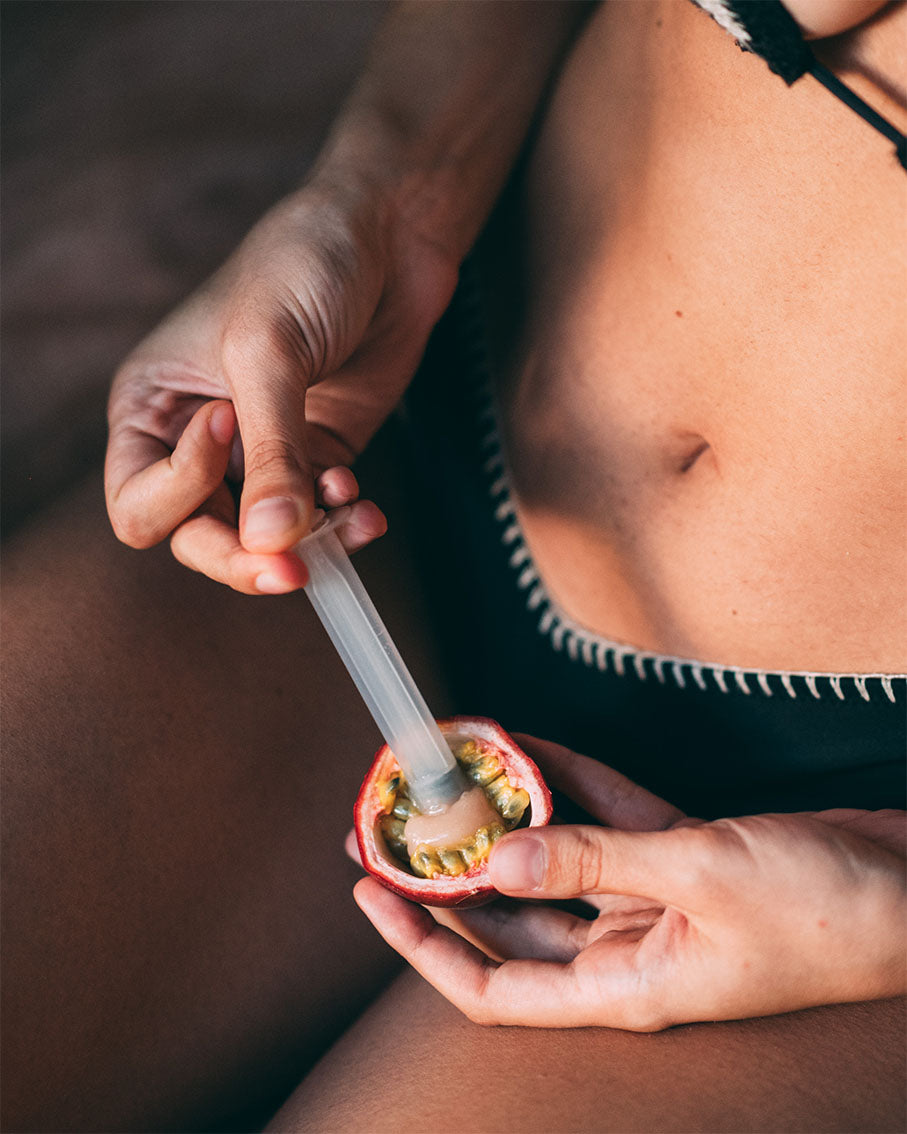
What Is The Best Face Oil for Acne?
Many people who suffer from acne believe that facial oils are something to avoid. This is because acne is usually caused by an excess of oil your skin produces, so individuals believe adding face oil to their skincare routine would exacerbate their oily skin woes.
However, this isn't true. Certain face oils are actually very good for acne, as they can help balance your skin's natural oil production. In this article, we'll discuss everything you need to know about face oils for acne and which are the best to use.
What are the Best Face Oils for Acne-Prone Skin?
The best face oil for acne-prone skin is chosen based on a few criteria. First, it needs to be an oil that won't clog your pores (non-comedogenic). Second, it needs to aid in soothing the symptoms of acne. This means it should have anti-bacterial and anti-inflammatory properties.
Below are our top recommended face oils for acne-prone skin:
- Tea Tree Oil: This is one of the best oils with strong anti-bacterial properties. Tea tree oil will help reduce bacteria on the surface of the face that cause acne.
- Jojoba Oil: An excellent oil to help balance oil production and acts as an anti-bacterial and antiseptic. It's one of the few oils that mimic your skin's natural sebum.
- Rosehip Oil: This oil will help reduce acne scars on your face by aiding with their repair using the vitamin A, vitamin C, and essential fatty acids it contains.
- Grapeseed Oil: Grapeseed oil is recommended for reducing inflammation and balancing oil production due to its linoleic acid contents. It also has a lightweight feel.
- Squalane Oil: A highly non-comedogenic oil with anti-bacterial and hydrating properties, squalane is one of the best options for acne-prone skin.
Related article: Wipe Away the Day: The Ultimate Guide to Facial Cleansing Wipes
How Should I Apply Face Oil to Treat Acne?
Even the best face oil for acne-prone skin might not work effectively if applied improperly. To help ensure you apply it properly, we've shared a few steps you should follow:
- Cleanse your face: To clear excess oil and dirt, use a gentle cleanser, ideally for acne-prone skin.
- Use a toner: Apply a toner to help balance your skin's pH and prepare it to absorb the facial oil effectively.
- Apply the face oil: Put two to three drops of facial oil on your fingers and gently pat the oil onto your face. Gently press and focus on the prominent areas where the acne has formed.
- Moisturize: Use a moisturizer that has non-comedogenic properties to give your skin a hydration boost and to lock in the face oil.
Which Ingredients in Face Oils are Good for Acne?
To choose the right oil for your skin, be sure to look for these ingredients that target acne:
- Linoleic acid: Aids in reducing inflammation and clogged pores in the skin.
- Salicylic acid: A beta hydroxy-acid that aids in unclogging pores and exfoliates the skin.
- Vitamin E: Responsible for aiding the skin's natural healing and providing antioxidants to the skin.
- Retinol (Vitamin A): This will aid in reducing acne scars and boost cell turnover.
- Antioxidants: They will reduce inflammation and protect the skin from oxidative stress.
Read more: What Is An Oil Facial Cleanser & How To Use One
The Wrap-Up on the Best Face Oils for Acne-Prone Skin
Now you know which face oils are best for acne-prone skin and what ingredients to look for. Armed with his information, you should be able to find a face oil that works with and helps to alleviate your facial acne!


